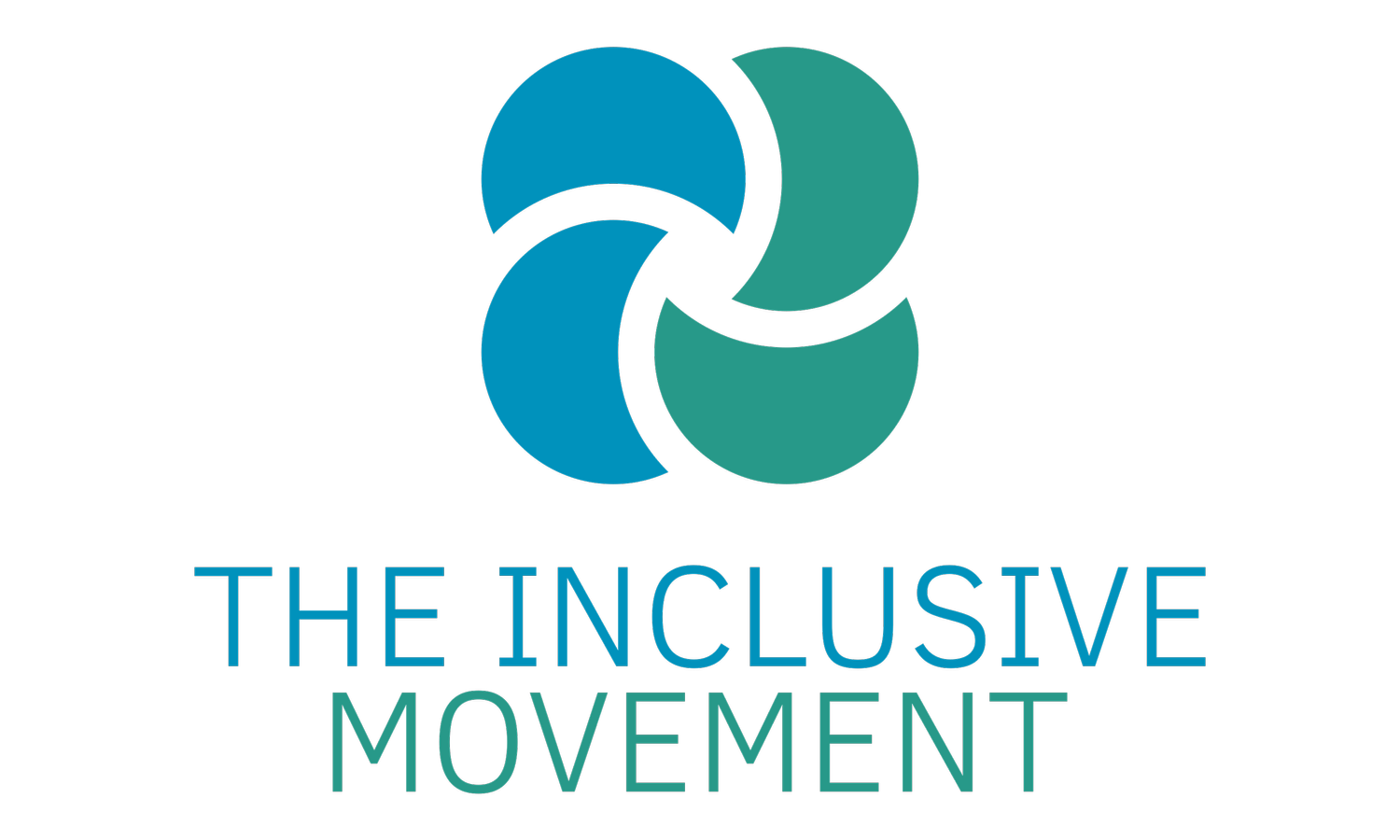Autistic Strengths, Identity and the Power of Special Interests
When we talk about autism, we often hear about challenges and ‘deficits.’ But that’s only part of the story - and a narrow one at that. Autistic people have many incredible strengths, deep passions, and unique ways of experiencing the world. In fact, when we take a step back and listen to autistic voices, we start to see just how powerful those strengths really are.
Celebrating Autistic Strengths
Autistic strengths don’t always look the same as neurotypical strengths, but they’re just as important. Some autistic people have an eye for detail, incredible long-term memory, creative thinking, or an ability to hyperfocus on what truly matters to them. Others are deeply empathetic, fair-minded, and passionate about justice.
Here are just a few examples of common autistic strengths:
· - Deep focus on areas of interest
· - Strong sense of justice and fairness
· - Creative problem solving
· - Excellent memory for facts and patterns
· - Honest, values-driven communication
The Power of Passion (aka Special Interests)
One of the most beautiful things about autistic identity is the way many autistic people connect with their passions—sometimes called ‘special interests.’ These interests are often intense, long-lasting, and deeply meaningful. They bring joy, regulation, comfort and a sense of purpose.
Unfortunately, these passions are often misunderstood or pathologised. But from a neuroaffirming perspective, special interests are not ‘obsessions’—they are valid ways of learning, connecting with others and expressing identity.
Supporting an autistic person’s passions is one of the best ways to build connection and confidence. It’s also a powerful gateway for education, employment and mental wellbeing.
Autistic Identity and Belonging
Autism is more than a diagnosis or label, it’s an identity. For many, being autistic is part of how they understand themselves, how they navigate relationships, and how they see the world.
But that identity often goes unacknowledged or becomes hidden due to pressure to ‘mask’ or suppress their natural traits, to act or appear neurotypical in order to be accepted. Masking can be exhausting and lead to burnout, anxiety and a loss of self. That’s why creating safe spaces for autistic people to be fully and authentically themselves is so important.
“I didn’t realise how much I was masking until I felt safe to stop. That’s when I found out who I really was.” – Autistic adult
Strengths-Based Support Matters
Too often, autism support focuses on fixing behaviours or teaching conformity. But autistic people don’t need fixing—they need understanding, support, and opportunities to thrive as themselves.
Strengths-based support means asking questions like:
✔️ What brings you joy?
✔️ How do you learn best?
✔️ What helps you feel calm, safe, and understood?
✔️ How can we support your strengths and interests?
Tips for Educators and Families
· Encourage passions, don’t limit them
· Use strengths as entry points for learning
· Avoid functioning labels; support needs can vary
· Be curious about what regulation and safety look like for each individual
· Let autistic people define what success and inclusion look like for them
Want to Learn More?
You can download our free ‘Strengths Snapshot’ template to help identify and celebrate neurodivergent strengths in your home, classroom or service.
As part of Autism Month and our #AutismInOurOwnWords campaign, we’re inviting our community to share their strengths snapshot as a way of celebrating our individuality.
And if you’re ready to take the next step, enrol in our online course, ‘Autism Across the Lifespan,’ where we explore identity, sensory processing, inclusion and strength-based supports in more depth. **50% off until April 30.**
